Financing and Low Owner Occupancy
mjlb
11 years ago
Related Stories
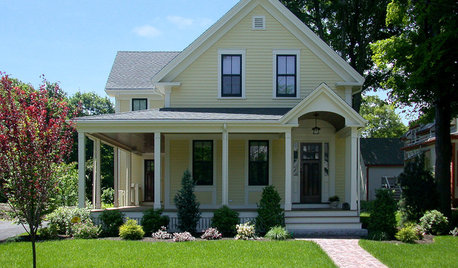
SELLING YOUR HOUSE10 Low-Cost Tweaks to Help Your Home Sell
Put these inexpensive but invaluable fixes on your to-do list before you put your home on the market
Full Story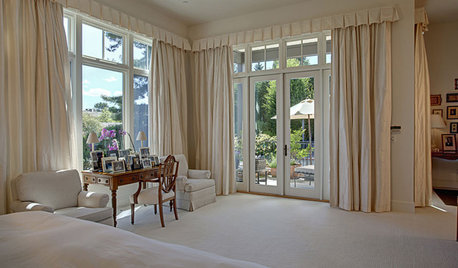
WINDOW TREATMENTSHow Low Should Your Drapes Go?
Hover, brush the floor or pool like Scarlett O'Hara's tears — we give you the lowdown on curtain length options
Full Story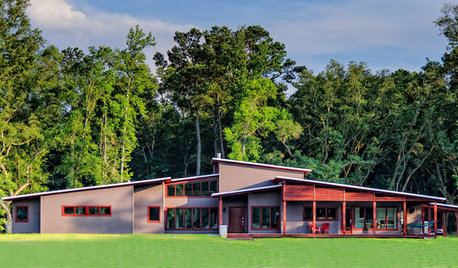
HOUZZ TOURSHouzz Tour: Earthiness Grounds a Contemporary Louisiana Home
Generous wood and thoughtful design on a 32-acre site, pond included, make for a warm-looking home that naturally fits its owners
Full Story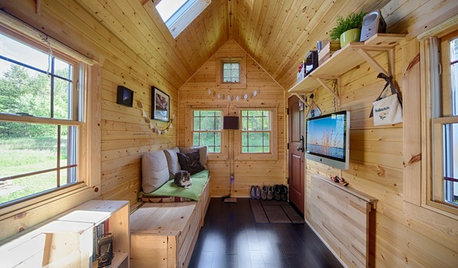
SMALL HOMESHouzz Tour: Sustainable, Comfy Living in 196 Square Feet
Solar panels, ship-inspired features and minimal possessions make this tiny Washington home kind to the earth and cozy for the owners
Full Story
FLOORS5 Benefits to Concrete Floors for Everyday Living
Get low-maintenance home flooring that creates high impact and works with home styles from traditional to modern
Full Story
WINDOWSThese Windows Let In Light at Floor Height
Low-set windows may look unusual, but they can be a great way to protect your privacy while letting in daylight
Full Story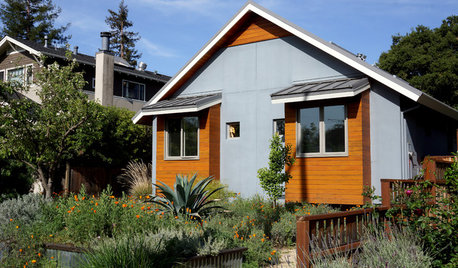
CONTEMPORARY HOMESMy Houzz: Living Simply and Thoughtfully in Northern California
Togetherness and an earth-friendly home are high priorities for a Palo Alto family
Full Story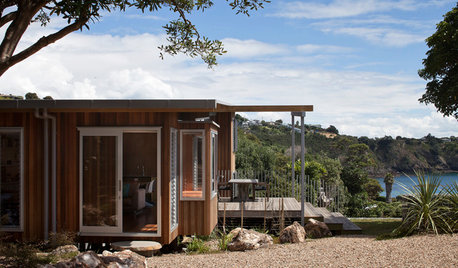
HOUZZ TOURSHouzz Tour: Three Pods Make a Beach House in New Zealand
See how separate living and utility zones boost the beach experience on Waiheke Island
Full Story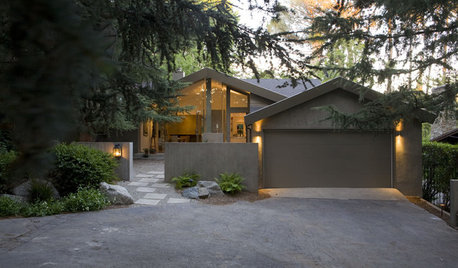
ARCHITECTURE5 Ranch Homes With Modern-Day Appeal
See how the classic American ranch is being reinterpreted outside and in for today's design tastes
Full Story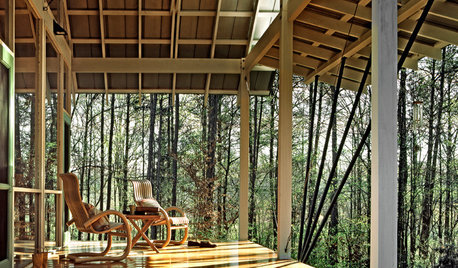
ARCHITECTURE14 Beautiful In-Between Spaces: Verandas Around the World
See how architects are using transitional spaces for shelter and sun harnessing, in homes from Austria to Wisconsin
Full StoryMore Discussions






rrah
c9pilot
Related Professionals
Frisco Architects & Building Designers · Ken Caryl Architects & Building Designers · Palos Verdes Estates Architects & Building Designers · Seal Beach Architects & Building Designers · Yeadon Architects & Building Designers · Eagan General Contractors · Bay Shore General Contractors · Bound Brook General Contractors · Corsicana General Contractors · Pasadena General Contractors · Winfield General Contractors · Cusseta Interior Designers & Decorators · Little Egg Harbor Twp Interior Designers & Decorators · Shorewood Interior Designers & Decorators · Van Wert Interior Designers & DecoratorsmjlbOriginal Author
c9pilot
mjlbOriginal Author
c9pilot